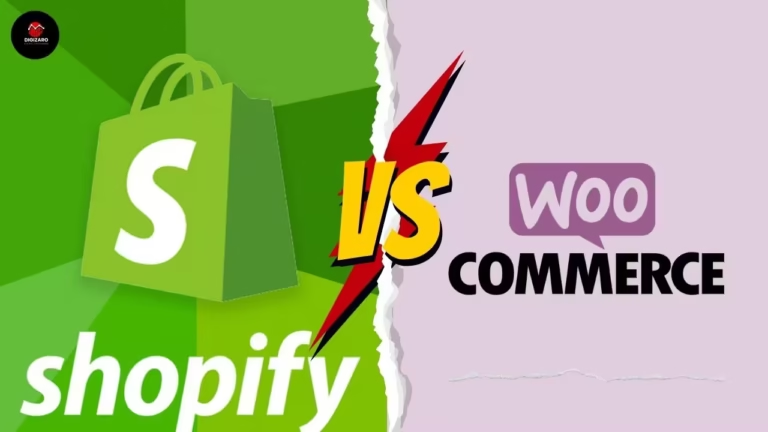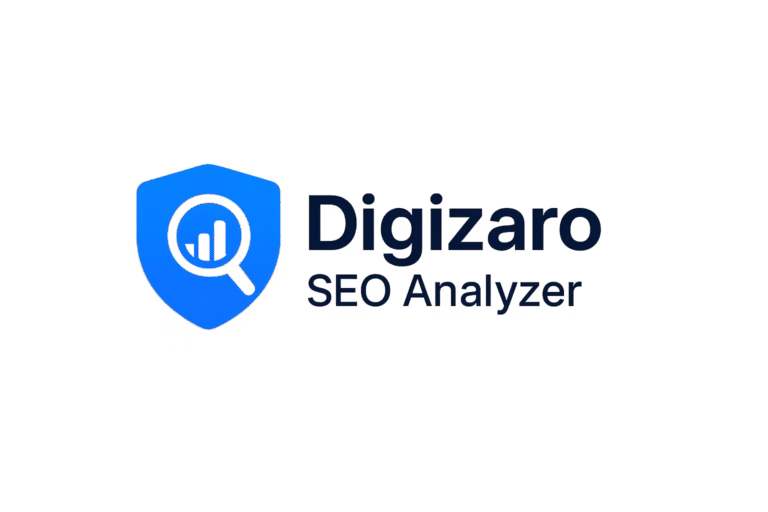Best SEO Tools for U.S. Businesses: What’s Worth Paying For?
Look, I’m gonna be straight with you. I’ve wasted more money on SEO tools than I care to admit.
Three years ago, I was that guy with subscriptions to like eight different platforms, spending nearly $800 a month, and still couldn’t tell you why my client’s plumbing website wasn’t ranking for “leak repair Denver.” Meanwhile, my buddy Jake was crushing it with his roofing company using basically just free Google tools and one $99 subscription.
That was my wake-up call. Since then, I’ve figured out what actually works and what’s just shiny marketing BS. Here’s what I wish someone had told me when I started.
The Only Three Tools I Can’t Live Without
Ahrefs ($99/month and up)
Yeah, it’s pricey. My wife still gives me grief about the monthly charge. But here’s why I keep paying:
Remember that plumbing client I mentioned? I plugged his biggest competitor into Ahrefs and found they were getting tons of traffic from a page about “toilet won’t stop running.” Super basic stuff, not even well-written. My guy didn’t have anything like that.
We whipped up a better page in two days. Three months later, he’s getting 40+ calls a month just from that one page. The Ahrefs subscription basically paid for itself in the first week.
The backlink stuff is gold too. I found that a competitor had gotten links from 15 local news sites by sponsoring Little League teams. Guess what my client started doing?
Screaming Frog ($209 for the whole year)
This tool looks like it was built in 1995 and makes zero sense when you first open it. But man, it finds stuff that’ll blow your mind.
Two months ago, I’m working with this lawyer who swears his website is “perfect.” His previous SEO guy had been telling him everything was great for eight months. I run Screaming Frog and find 200+ pages with identical title tags. 200!
Fixed that mess, and his traffic jumped 35% in six weeks. The lawyer was like “why didn’t anyone catch this before?” Good question.
Google Search Console (Free)
If you’re paying for SEO help and your person doesn’t have access to your Search Console, fire them immediately. This thing tells you exactly what Google thinks about your website.
Last week, I caught a client’s site getting penalized because their hosting company messed up and blocked Google’s crawlers. Would’ve taken weeks to figure out otherwise. The email alert came through on a Sunday morning while I was making pancakes.
Free Stuff That Actually Works
Before you spend a dime, max out these:
Google Analytics – Yeah, the new version is confusing. But it’s free and it works. I mainly look at which pages get the most organic traffic and where people bail out. Nothing fancy.
Google Keyword Planner – Everyone says it sucks because it doesn’t give exact numbers. But for getting ideas and seeing seasonal trends? It’s fine. I use it to double-check stuff I find in paid tools.
Answer The Public – Gives you all the weird questions people ask Google. Found some great content ideas here. Like “can you snake a drain yourself” – turned that into a blog post that gets 500 visitors a month.
Tools I Wasted Money On
Moz – Used to be the big name everyone recommended. Their data always felt old, like they were telling me about last month’s search results. Plus Domain Authority is basically made-up numbers that don’t actually predict rankings.
SEMrush – This one’s tricky. It does a million things, but I only used maybe 3 features. Felt like buying a Swiss Army knife when I needed a hammer. Some people love it, but I got better results spending that money on content creation.
BrightEdge – Sales guy convinced me to try their enterprise trial. Interface was so complicated I needed a manual to find basic keyword data. Plus they wanted like $4,000 a month. Hard pass.
What Local Businesses Really Need
If you’re a dentist, contractor, restaurant, whatever – your needs are different. Here’s what actually moves the needle:
BrightLocal ($29/month) – Best tool for managing your Google Business listing and tracking local rankings. Helped a client find they were listed as “permanently closed” on three review sites. No wonder calls had dropped off.
Whitespark ($40/month) – Their local rank checker shows you exactly where you rank from different neighborhoods in your city. Turns out my HVAC client was ranking great downtown but nowhere in the suburbs where most of his customers lived.
GMB Insights (Free) – Built into your Google Business Profile. Shows you what people search to find you. Found out a restaurant client was getting found for “pizza” when they don’t even serve pizza. Quick menu update fixed that.
The Real Talk on Budgets
Here’s my rule: spend 10% of your SEO budget on tools, max. If you’re investing $1,000 a month total, maybe $100 on tools.
I see businesses backwards on this all the time. Spending $400 on tools but only paying someone $200 to write content. That’s like buying a $50,000 truck to haul $500 worth of furniture.
What I Actually Tell My Clients
Start with the free stuff and learn it inside and out. Google Search Console will tell you more about your SEO problems than most expensive tools.
Then add one paid tool based on what you actually need:
- Need to spy on competitors? Ahrefs.
- Managing multiple locations? BrightLocal.
- Got a huge technical website? Screaming Frog.
Don’t buy tools because some guru on YouTube says you need them. Buy them because you have a specific problem they solve.
Mistakes I See Every Week
Tool hoarding – Guy last month had subscriptions to 6 different rank trackers. Why? “I want to be thorough.” Dude was spending more time comparing tool data than actually improving his rankings.
Shiny object syndrome – New AI SEO tool comes out every month promising to “revolutionize” everything. I’ve tried most of them. They’re fine, but nothing beats understanding your customers and creating stuff they actually want to read.
Analysis paralysis – Client spent three months analyzing competitor backlinks instead of just creating good content and reaching out to local bloggers. Sometimes you gotta stop researching and start doing.
My Honest Recommendations by Business Type
Local service business: Google Search Console + BrightLocal. Maybe Ahrefs if you want to get aggressive about content.
E-commerce store: Ahrefs for product keyword research. Google Analytics to see what’s actually making money.
Content website/blog: Ahrefs for content gaps and keyword ideas. That’s probably it.
Multi-location business: Everything above plus something for managing all those Google Business listings.
The Tools Everyone’s Talking About (My Take)
Surfer SEO – Tells you to use keywords X number of times and write Y words long articles. Fine for beginners, but I get better results just reading what ranks and making something more helpful.
Jasper/Copy.ai – AI writing tools. They’re getting better, but still sound like robots wrote them. I use them for brainstorming ideas, not finished content.
Frase – Content briefs powered by AI. Costs more than Ahrefs and doesn’t give me insights I can’t get by just looking at the first page of Google myself.
What Actually Matters
Here’s what seven years of doing this has taught me: tools don’t rank websites. People do.
The most successful business owner I work with uses exactly three tools: Search Console, Ahrefs, and a $15/month rank tracker. But he acts on what the data tells him. He sees a keyword opportunity, he creates content. He finds a technical issue, he fixes it.
Meanwhile, I’ve got clients with $500/month tool budgets who haven’t published new content in six months.
Your website visitors don’t care what tools you use to find keywords. They care whether your content helps them solve their problems.
Starting From Zero? Do This
- Set up Google Search Console and Analytics if you haven’t already
- Use them for 30 days and actually learn what the data means
- Pick ONE problem you discovered (slow pages, missing title tags, whatever)
- Fix it
- Then think about buying additional tools
Most businesses skip steps 1-4 and jump straight to buying everything. That’s how you end up like me three years ago – lots of data, no results.
Bottom Line
The best SEO tool is the one you’ll actually use every week. I’d rather see someone dominate their market with basic tools than struggle with premium everything.
Start simple, get results, then upgrade. Your bank account and your sanity will thank you.
And remember – your competitors are probably making the same tool mistakes I used to make. While they’re comparing 47 different keyword difficulty scores, you can be out there creating content that actually ranks.
Still not sure what to buy first? Honestly, spend the money on a good piece of content instead. One well-researched, helpful article will do more for your SEO than any tool subscription.





